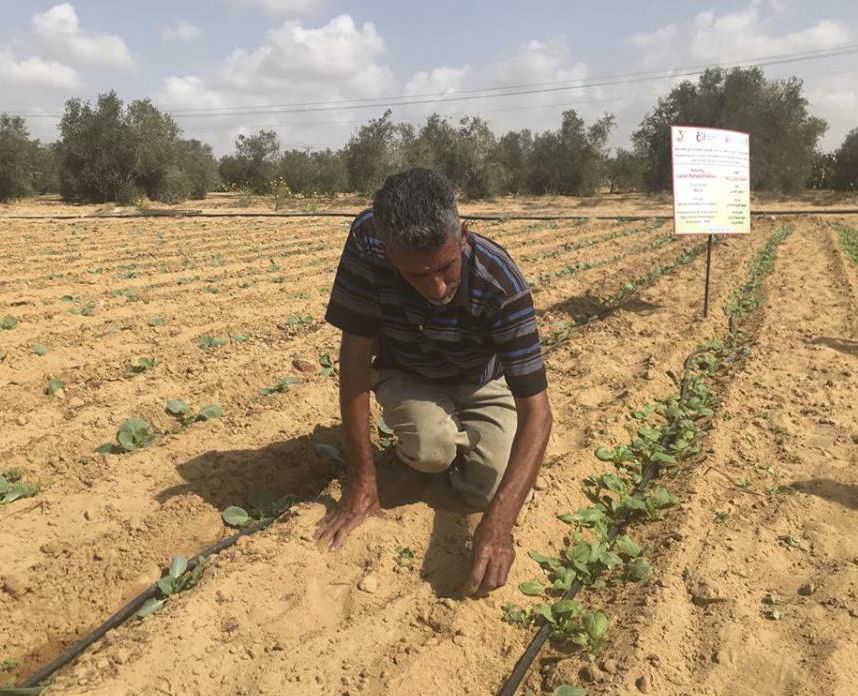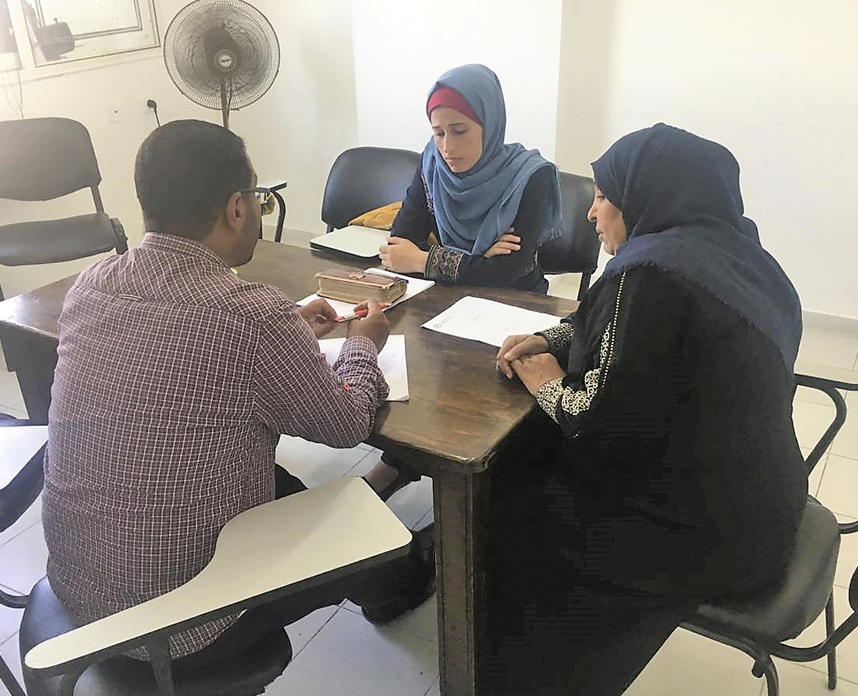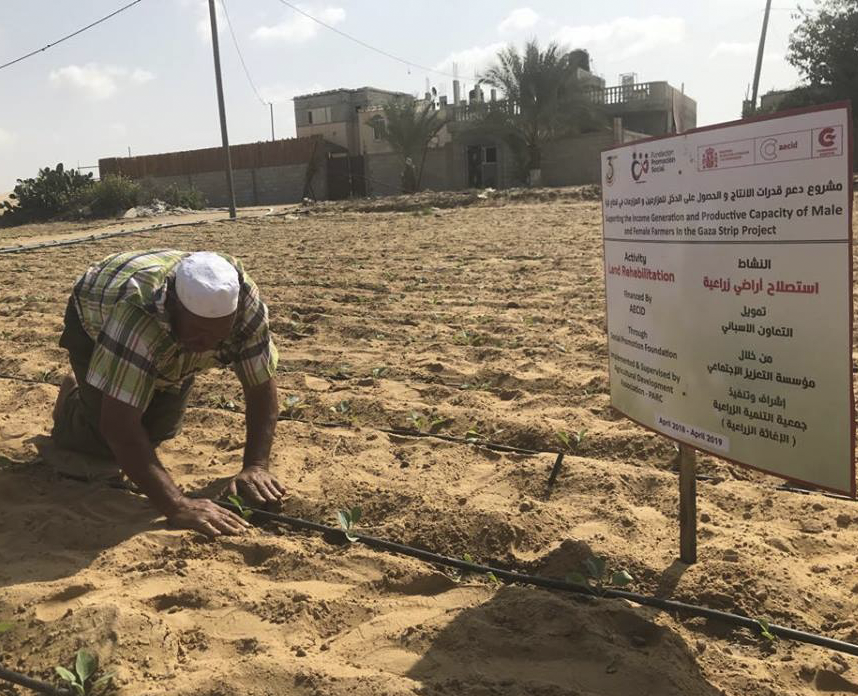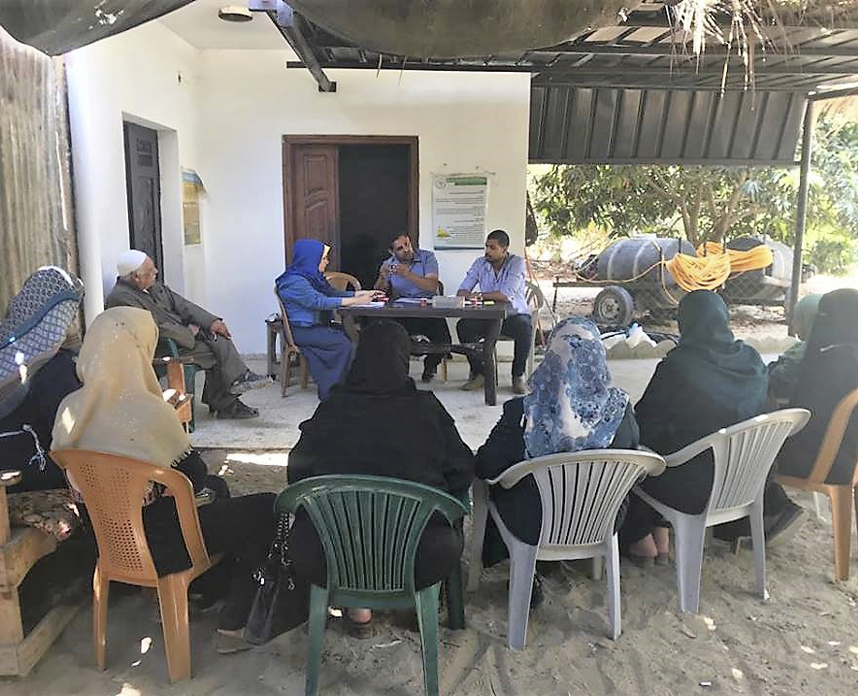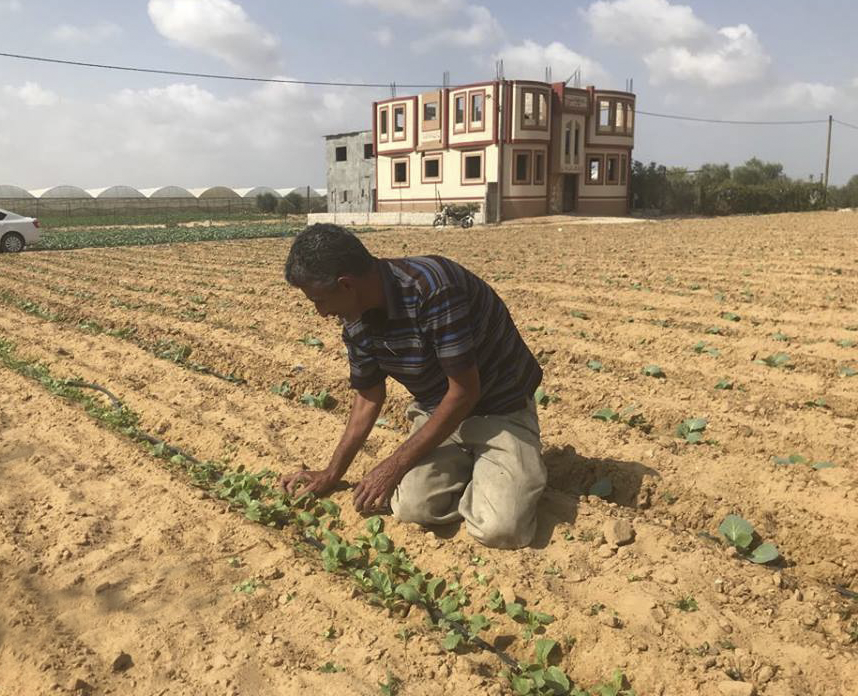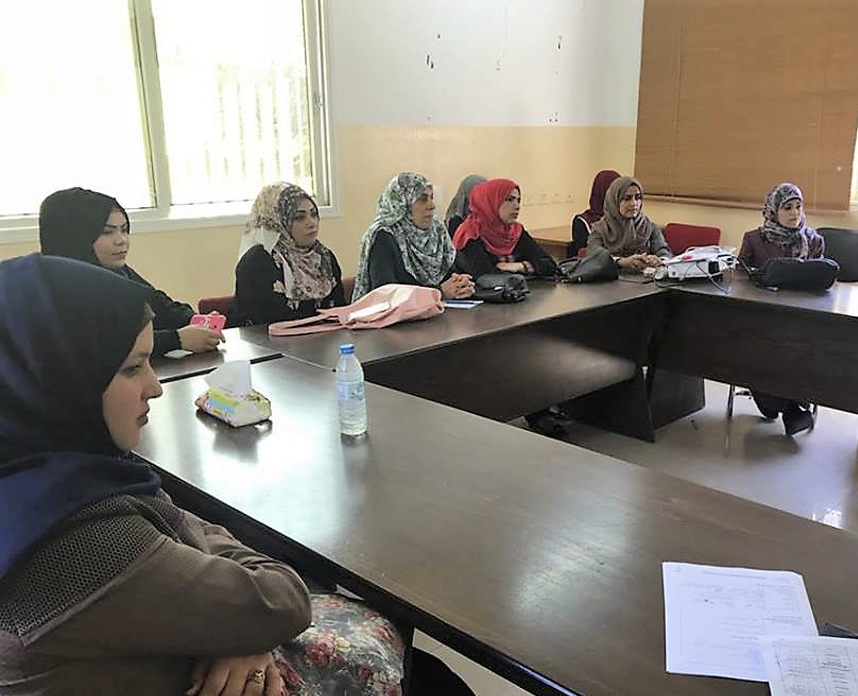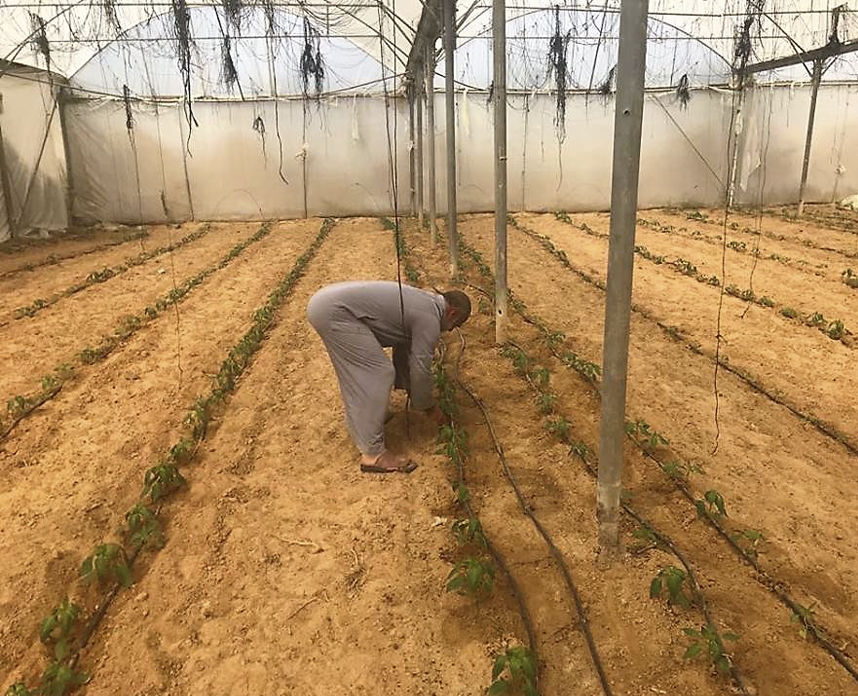December 10 is Human Rights Day, coinciding with the date on which the General Assembly adopted the Universal Declaration of Human Rights, in 1948, and which this year celebrates its 70th anniversary.
This declaration proclaimed the inalienable rights inherent in all human beings, promoting values of equity, justice, and human dignity. However, there is still a way to go so that the principles it collects are fully met.
Therefore, the work of Social Promotion integrates measures that help achieve the Sustainable Development Goals, which seek to end poverty, protect the planet and ensure that all people enjoy peace and prosperity.
An example of this is the project that Social Promotion is currently developing in Gaza, whose objective is to improve the generation of income and sustainable productive capacity of small producers, and consequently also the levels of food security.
Article 25 of the Declaration of Human Rights states that “every person has the right to an adequate standard of living that ensures him, as well as his family, health, and well-being, and especially food, clothing, shelter , the medical assistance, and the necessary social services “. In this way, access to natural resources, such as access to land and water, is a necessary precondition for achieving, among others, the right to food, closely related to the standards of a dignified life.
Thus, intimately related to SDG 2: Zero Hunger, the project contemplates the promotion of sustainable farming systems that increase productivity and production; and also, the use of alternative irrigation sources, which is one of the goals of SDG 6: Clean water and sanitation.
Initiated in February 2018, to date, the project has rehabilitated 60 dunums for 60 farmers, which includes the installation of irrigation networks and the supply of non-chemical fertilizers, seeds and plants so that they can be worked. Under an empirical methodology, the technicians of our partner in Gaza, PARC, have made field visits to follow the cultivation processes and agricultural practices.
In a complementary way, the project supports the economic empowerment of women, given their situation of extreme vulnerability in the Gaza context. In this way, not only the generation of income for the family economy is favored, but also access and control of economic resources, contributing to their strengthening and capacity for decision making. To date, three types of entrepreneurship have been supported, promoted from a women’s club, from a cooperative and at the family level. After a selection process, suitable for market research, business plans have been developed, a fundamental element for the start-up.
In the coming months, in addition to continuing to support farmers and women entrepreneurs, a small desalination plant will be built to contribute to the right of access to water, whose design is currently being worked on. This activity highlights the holistic approach of the project, approaching the fulfillment of human rights through different complementary ways.





